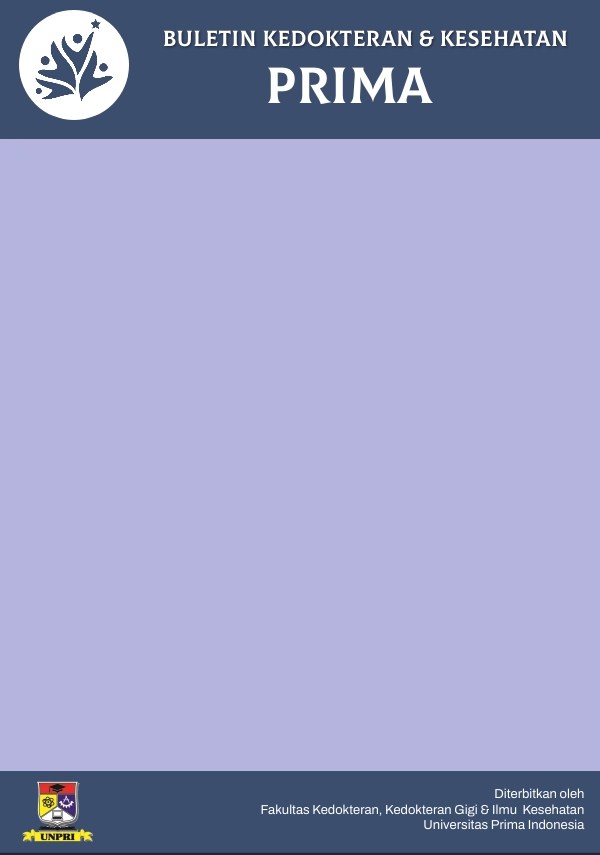Abstract
The lack of socialization carried out by Family Planning Field Extension Workers (FPFE) leads to fear among the community, especially among Couples of Reproductive Age (CRA), in choosing Long-Term Contraception Methods (LTCM). Couples of reproductive age require health education or counseling to help them determine which contraceptive method to use. This study aims to determine the role of PLKB for couples of reproductive age (PUS) in choosing LTCM at Sekerak District Health Center, Aceh Tamiang Regency in 2022. This study is a quantitative research with a cross-sectional design. The population in this study was all couples of reproductive age in Sekerak Kanan Village, Sekerak District, Aceh Tamiang Regency, and the research sample consisted of 126 people. Data collection was done directly by distributing questionnaires to couples of reproductive age. Then, it was followed by the process of data analysis using the Chi-Square test and logistic regression. The results showed that there is a relationship between counseling quality in choosing LTCM with a value of (p=0.001; PR=3.4; 95% CI 2.201-5.294), there is a relationship between PLKB barriers in choosing LTCM with a value of (p=0.001; PR=2.2; 95% CI 1.724-3.007), and there is a relationship between FPFE capacity in choosing long-term contraceptive methods with a value of (p=0.001; PR=2.4; 95% CI 1.704-3.472). Furthermore, the dominant factor related to the selection of LTCM is counseling quality with a value of (p=0.000; PR=10.766 95% CI 3.491-33.204). Couples of reproductive age are expected to increase their knowledge, especially about long-term contraceptive methods, and it is hoped that men will not be ashamed to participate in family planning programs.

This work is licensed under a Creative Commons Attribution-NonCommercial 4.0 International License.
Copyright (c) 2025 Yeni Halim, Novia Saputri, Yuliana Yuliana, Ika Syani Putri Lubis, Suwarno Suwarno, Eddy Sulistijanto, Rico Alexander, Ana Fresia, Henny Henny, Eka Putri, Evelyn Angie
